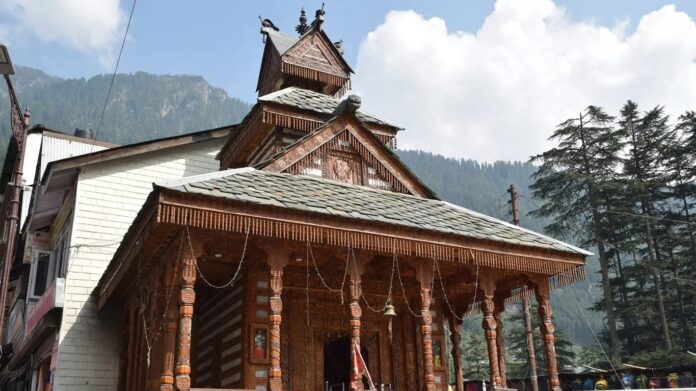Himachal Pradesh, the home to mountains, is one of the most beautiful states in India. One of the most notable aspects of Himachal is the traditional house. Known as Kath Kuni, these houses were built with two of the most easily available elements in Himachal – wood and stones. The name says it all. Kath means wood and Kuni roughly translates to corners.
These traditional Kath Kuni houses survived the waves of time and tremors of natural calamity standing firm as ever. The secret to their strength lies in the dry masonry that does not involve any cementing material and the patterned, alternate wood and stone layered structure.
The double-layered structure – made of wood and stones – along with the small stone pieces embedded into the layers, helps to keep the house warm in winters and cool in summers. In addition, the air gaps formed due to the stone pieces keeps the house same during earthquakes.
The layers also give the walls of the house an interesting pattern bumping its aesthetics. Balconies of these houses are laden with intricately carved wood crests that add to the beauty of the structures.
Visiting Himachal, it is easy to notice these houses losing ground slowly as people are shifting towards brick and mortar. structures Steel pipes and rods are replacing wood and stones are being replaced by Reinforced Cement Concrete (RCC).
This is not a new phenomenon but is the result of years-long process, along with the influence of colonial rule. Usage of wood became the centre of discussion for Britishers who saw forests as a treasure trove for commercial use. This resulted in the colonisers banning the usage of deodar wood, which subsequently meant the banning of Kath Kuni construction.
The Path Ahead
Himachal’s local communities are aware about the slipping heritage and traditions under the shade of development. As a result, although houses are ending up getting transformed, such structures continue to exist in public places. These Kath Kuni structures are essential to locals preserving their identity that they are extremely proud of.


